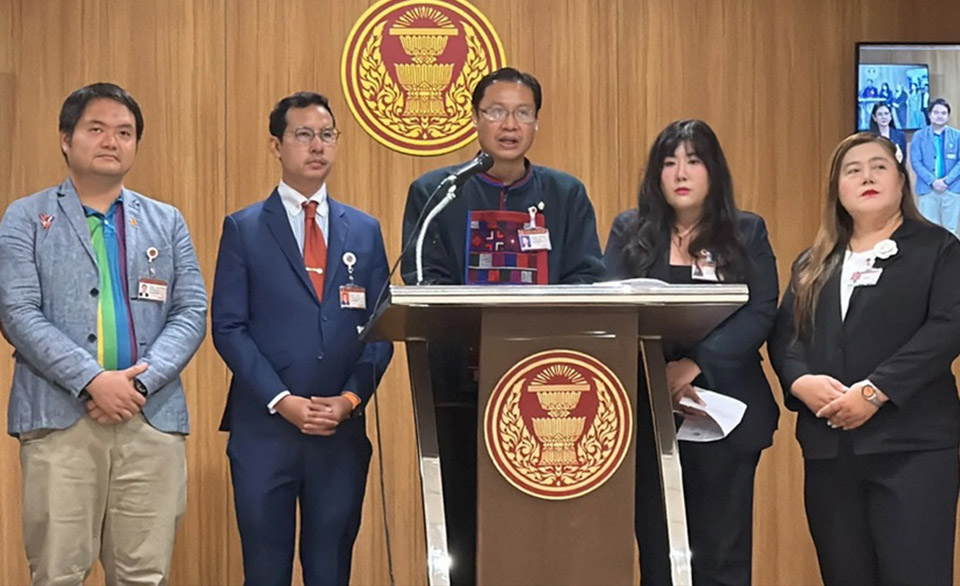
BANGKOK, Thailand – The parliamentary drafting committee has decided to withdraw the controversial bill prohibiting corporal punishment of children for further review, following opposition from Members of Parliament (MPs).
During the parliamentary session on September 25th, the second reading of the Civil and Commercial Code amendment, also known as the “anti-spanking bill,” faced objections. Some MPs described the bill’s content as vague and conflicting with basic principles.
Nipon Khonkhayan, an MP from Bung Kan Province representing the Pheu Thai Party, argued that while parents discipline children out of love, the bill’s restrictions might leave them powerless when dealing with misbehavior. He expressed concerns about the law’s impact on child-rearing in rural areas, where grandparents often play a key role. Nipon also raised concerns about its potential effect on teachers’ ability to maintain discipline in schools.
Bunthida Somchai, an MP from Ubon Ratchathani with the Bhumjaithai Party, pointed out the ambiguity of certain terms in the bill, such as “dignity of the child.” She argued that these terms could complicate legal enforcement and lead to varied interpretations by police and courts. Bunthida urged the committee to clarify the bill’s language to prevent misinterpretations in different cultural contexts across Thailand.
Dr. Cholnan Srikaew, another Pheu Thai MP, emphasized that the bill’s content conflicted with its originally accepted principles. He recommended balancing the rights of children and parents while ensuring clearer guidelines for defining human dignity.
The bill will be revised to address these concerns before being reintroduced for further debate. (NNT)








